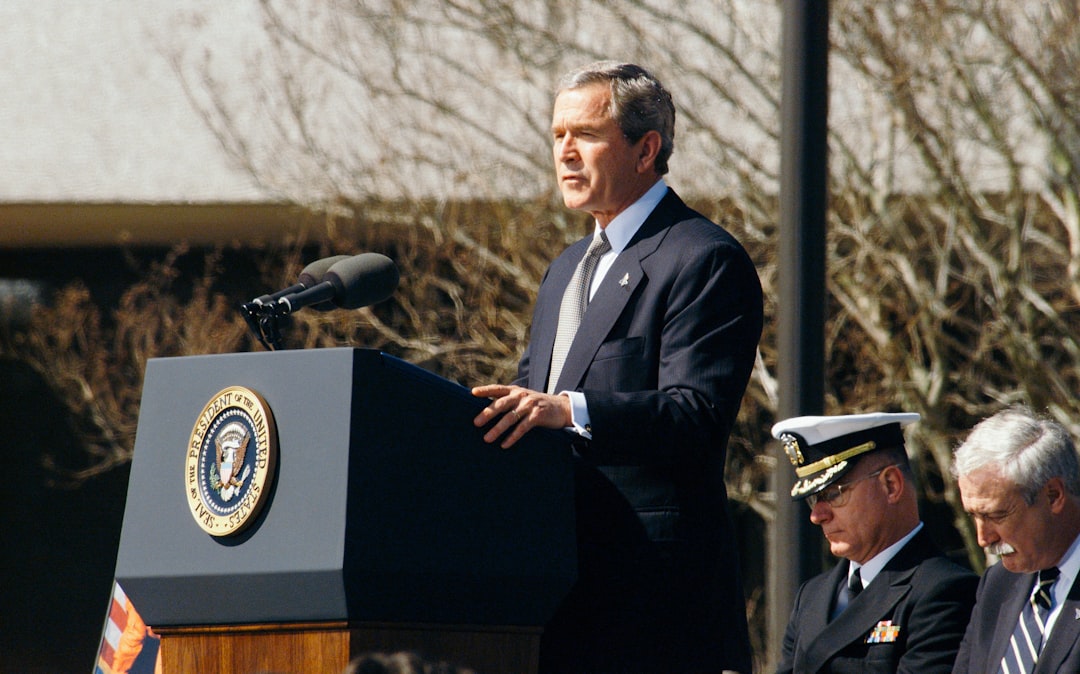
The Culture Wars: The Unspoken Truth Behind Social Media’s Toxic Landscape
In a world where every opinion is but a tweet away and every argument can ignite a flurry of hashtags, the Culture Wars have taken on a new battlefield: social media. What was once a charming little corner of the internet for sharing cat videos and vacation photos has morphed into a toxic swamp of outrage, divisiveness, and, dare I say, a complete breakdown of civil discourse. But let’s pull back the curtain on this digital circus and examine the unspoken truth behind it all.
The Outrage Economy
First and foremost, we must acknowledge the driving force behind the toxicity: the outrage economy. Social media thrives on engagement, and nothing gets the clicks and shares like a good ol’ fashioned outrage post. When influencers and self-proclaimed thought leaders whip up their followers into a frenzy over the most trivial matters, they’re not just sharing opinions; they’re cashing in on your anger. According to research, posts that evoke strong emotional responses—particularly anger—are more likely to go viral. So, the more divisive, the better! It’s a sad commentary on our times that sensationalism has replaced substantive dialogue.
The Currency of Virtue Signaling
Next, let’s talk about virtue signaling—the new currency in the Culture Wars. It’s no longer enough to simply express an opinion; one must also broadcast it with impressive bravado. Social media users have become modern-day knights, brandishing their digital swords to slay perceived injustices. But here’s the kicker: much of this signaling is performative. It’s less about genuine concern and more about garnering likes, shares, and followers. The irony? While we’re busy patting ourselves on the back for our moral superiority, real issues often go unaddressed.
The Algorithmic Amplification of Division
Now, let’s not forget the role of algorithms, those invisible puppeteers pulling the strings behind the scenes. Social media platforms are designed to keep you scrolling, and they do so by showing you content that matches your existing beliefs. This echo chamber effect reinforces divisions and creates a false sense of consensus. As a result, we find ourselves in a perpetual loop of confirmation bias, where alternative viewpoints are not just ignored but actively suppressed. It’s a recipe for ignorance, and it’s no wonder that many people are convinced their worldview is the only valid one.
Real-World Consequences
The impact of this toxic landscape extends beyond the digital realm. It seeps into everyday life, affecting relationships, workplaces, and even our mental health. People are increasingly hesitant to engage in conversations about contentious issues for fear of being “canceled” or ostracized. A study found that nearly 60% of people have avoided discussing political topics out of fear of conflict. This chilling effect not only stifles free speech but also deprives us of the opportunity to engage in meaningful dialogue.
The Pushback: A Call for Civil Discourse
In light of all this, it’s essential to advocate for a return to civil discourse. Yes, I know, it sounds almost quaint in our current climate, but here’s the truth: we can’t continue to live in a world where every disagreement is treated as a personal attack. We must learn to engage with differing viewpoints respectfully and thoughtfully. Dialogue, not diatribe, should be our goal.
To combat the toxicity, we need to hold social media platforms accountable. They must take responsibility for the content they promote and the algorithms they implement. Transparency and ethical guidelines are crucial in curbing the rampant spread of misinformation and hate speech. Users, too, can play a role by consciously choosing to engage with diverse perspectives and resisting the urge to click on outrage-fueled posts.
Conclusion: The Path Forward
The Culture Wars are a complex web of competing values, beliefs, and identities, all amplified by the toxic landscape of social media. While it may seem easier to dive into the fray, it’s time we step back and consider the long-term impact of our actions. The unspoken truth is that we can either continue down this path of division and alienation or we can strive for understanding and respect. The choice is ours, and it starts with each of us taking responsibility for our digital footprint.
So, the next time you’re tempted to hit “share” on that outrage-inducing post, pause for a moment. Ask yourself: is this really contributing to the dialogue, or is it just fueling the fire? Because in the end, the only thing more toxic than the landscape itself is our complicity in it.
Tags: opinion, editorial, current events, Culture Wars, social media, civil discourse, outrage economy, virtue signaling.


